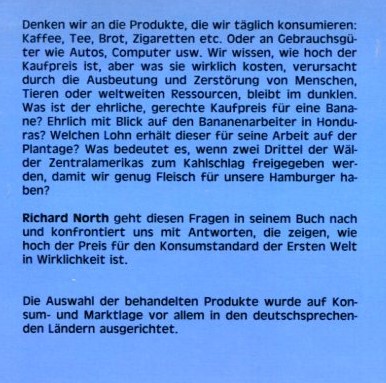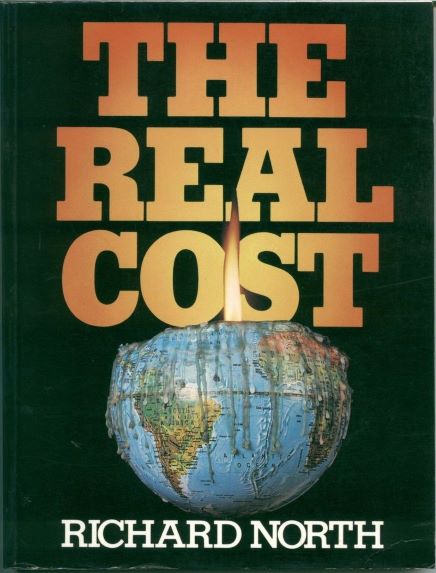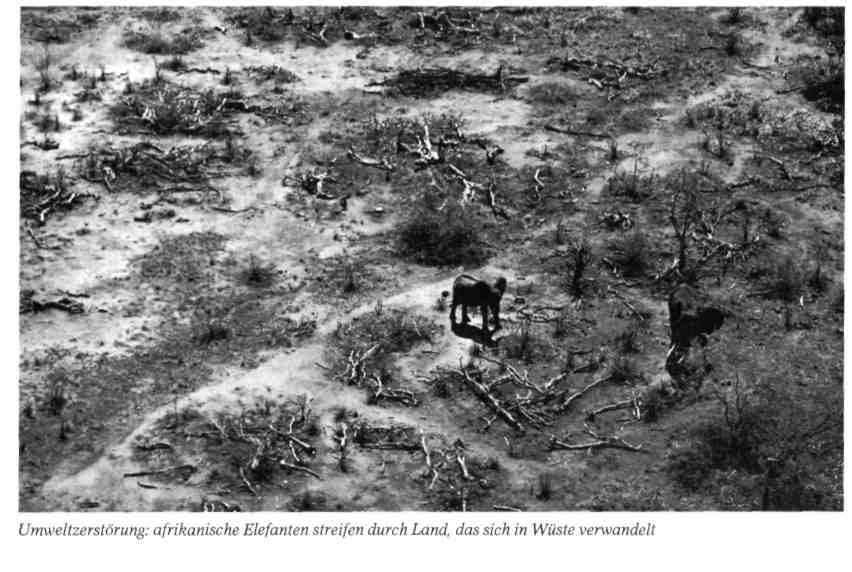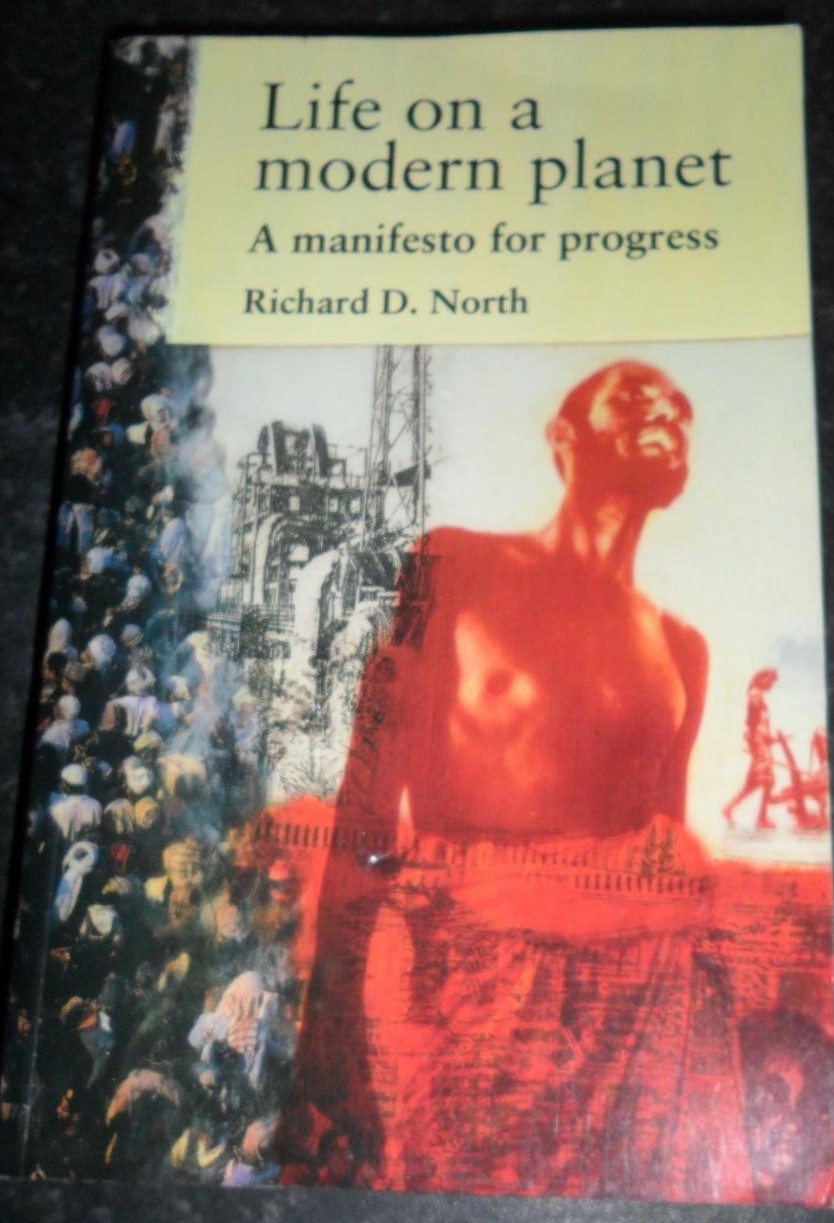|
Inhalt
Einleitung
zur deutschen Ausgabe (7-8) von Helga Wingert
Einleitung
vom Autor (9-10)
Wer
bezahlt die Rechnung für…
1
Geburten: Chancen und Risiken (11)
2 Arbeitsplätze: Eine Herausforderung für alle (19)
3 Brot: Ein Grundnahrungsmittel von biblischer Herkunft (30)
4 Tee: Blätter zwischen Reichtum und Armut (38)
5 Kaffee: Ein Genuß und seine Opfer (44)
6 Zucker: Eine bittersüße Ernte (55)
7 Brausegetränke: Der sprudelnde Markt (63)
8 Bananen: Der fruchtige Senkrechtstarter (67)
9 Erdnüsse: Öle und Wüsten (71)
10 Nutztiere: Futter statt Lebensmittel (77)
11 Hamburger: Von den Folgen des “schnellen Happens"
(84)
12 Eier: Nahrung aus dem Tier-KZ (89)
13 Milch: Brust oder Euter? (94)
14 Fisch: Auf der Jagd nach dem letzten Tiefseeräuber (102)
15 Zigaretten: Krebsexport in die 3. Welt (113)
16 Verpackung: Die Orgien der Wegwerfgesellschaft (121)
17 Jeans: Unsere zweite Haut aus Baumwolle und Pestiziden
(128)
18 Bewässerung: Grüne Wüsten, wenigstens manchmal (137)
19 Trinkwasser: So trübe und so kostbar (145)
20 Staudämme: Wasserkraft, die große Hoffnung (154)
21 Energie: Wenn der Strom doch nur aus der Steckdose käme (160)
22 Holz: Der älteste Brennstoff der Welt (171)
23 Uran: Der Stoff, aus dem die Weltuntergangsträume sind
(177)
24 Gold: Gefährlicher Luxus (182)
25 Aluminium: Das Ex- und Hopp-Metall (187)
26 Autos: Blechkisten und die Lebensqualität (194)
27 Computer: Horror oder Schlaraffenland (207)
28 Batterien: Chemische Zeitbomben im Wohlstandsmüll (215)
29 Saatgut: Der Ausverkauf der Arten (225)
30 Blumen: Ein Glück, daß sie schweigen (233)
31 Blut: Vom Vampirismus der Reichen Welt (237)
Literaturliste
(246)
Nützliche Adressen (247)
Autor
worked
for "The Independent" newspaper as its
first environment correspondent (1986-1990)
and then as environmental columnist for "The Sunday Times"
(1990-1992).
His
book, "Life On a Modern Planet: A manifesto for progress"
(Manchester University Press, 1995) was widely regarded as a renunciation
of his green ideals.
He
now works with the free-market thinktank, the Institute of Economic
Affairs (as media fellow) and with the conservative Social
Affairs Unit, where he blogs on art, film and social issues.
books.google.de
NORTH
How will the world feed and
care for the 10 billion people who are likely to be alive within a couple
of generations?
In this major re-evaluation
of global environmental questions, Richard D. North provides a
controversial answer: mankind should be able to cope rather well.
He argues that the
enlightenment ideal of progress is still possible, and that we can nurture
and value all human life whilst taking care of the natural world.
North offers a skilful
examination of the prospects for food, energy and materials provision for
the human race, both present and future. In a series of case studies he
reinterprets the major contemporary environmental issues, such as feeding
the growing global population, energy production, global warming,
pollution, the protection of biodiversity and green consumerism.
The Braer disaster,
Camelford, the chlorine industry, Greenpeace, the American rangelands and
spotted owl controversies, and rainforest deforestation are among the
issues and incidents which come under his critical gaze. Hundreds of
wide-ranging references root the book's arguments in fact, not just in
theory. The message is radical, fresh and ultimately optimistic: an
antidote to what has become the pessimistic Green orthodoxy. Richard D.
North draws on many years of broadsheet environmental journalism to
rekindle the environment and development debate.
|





